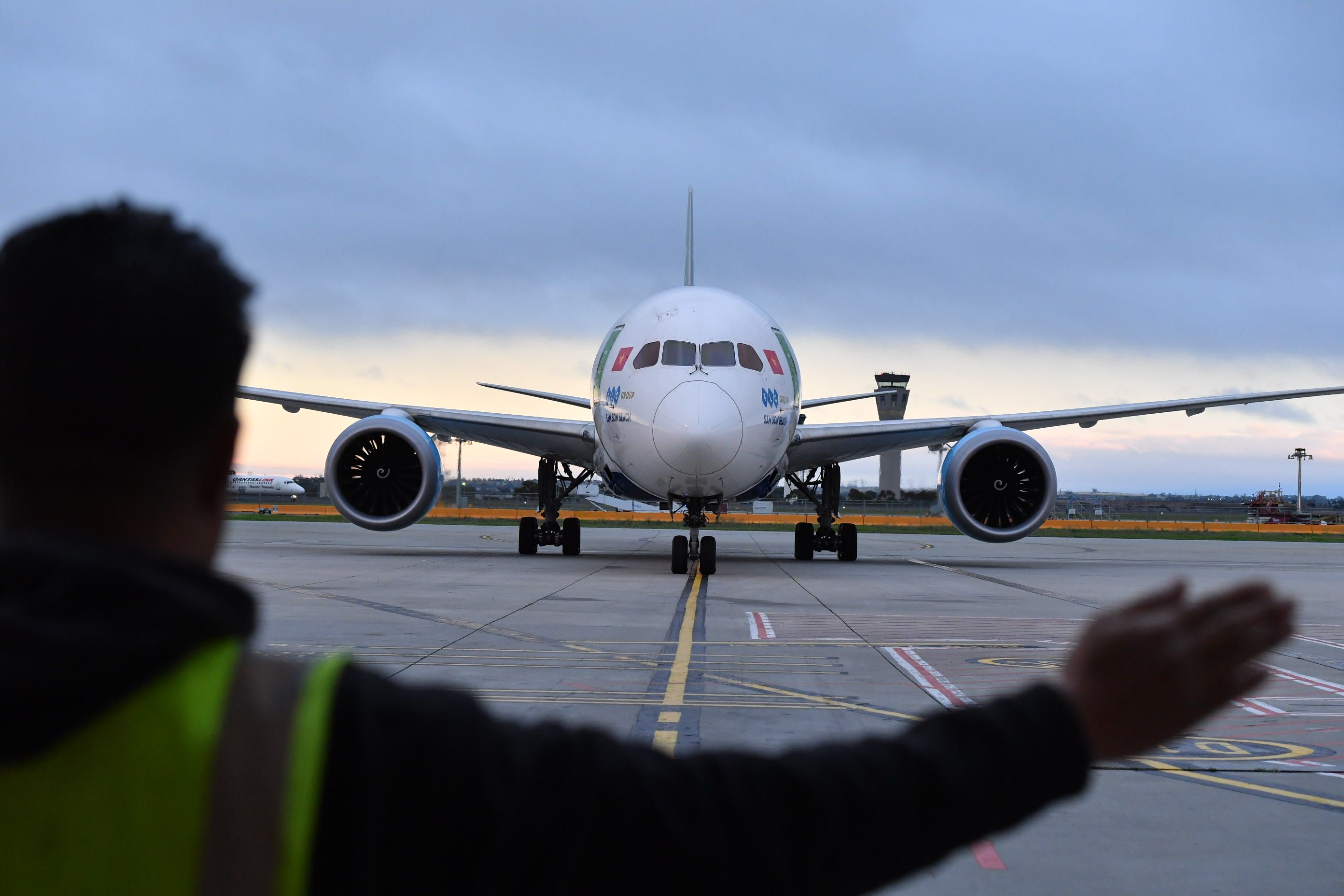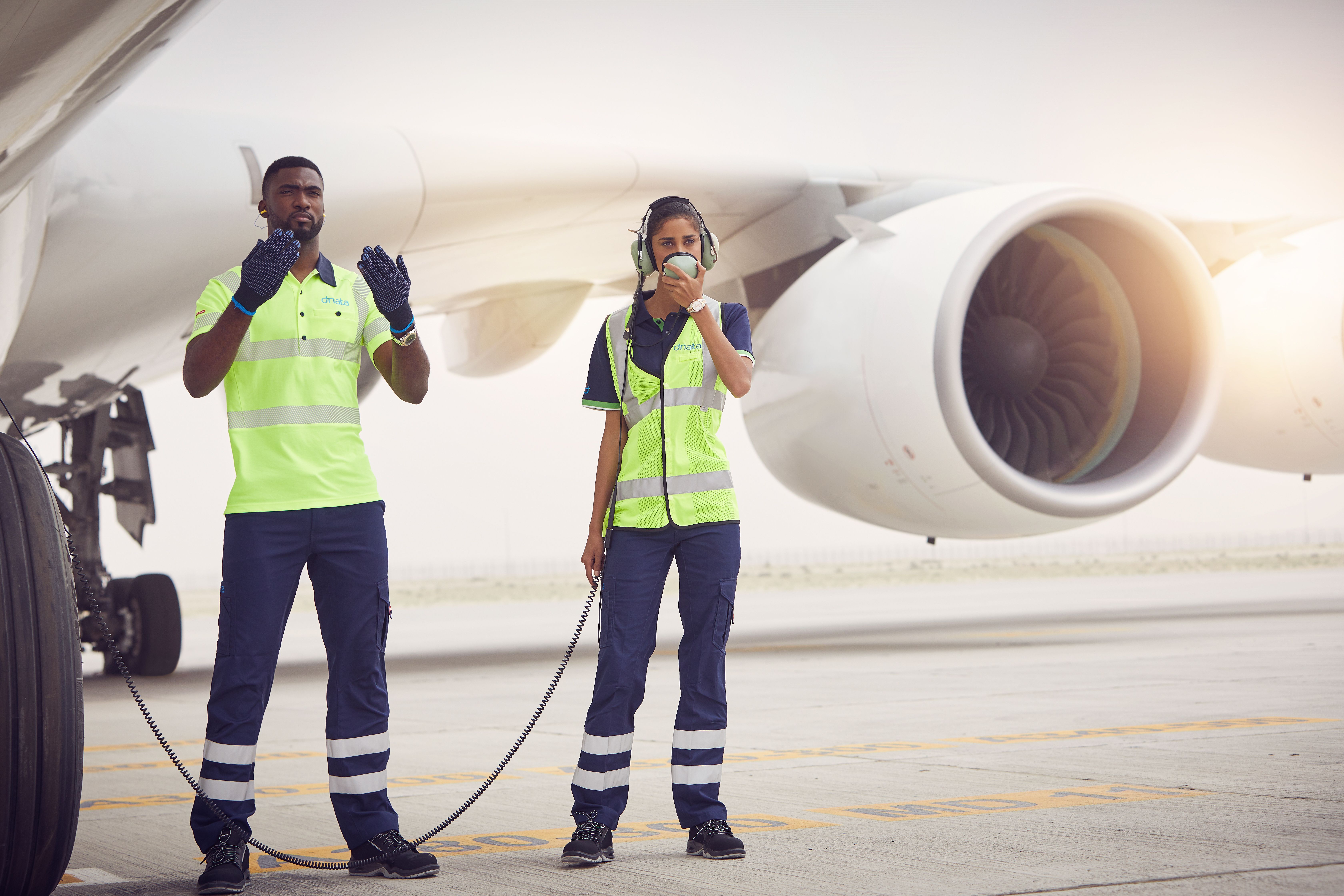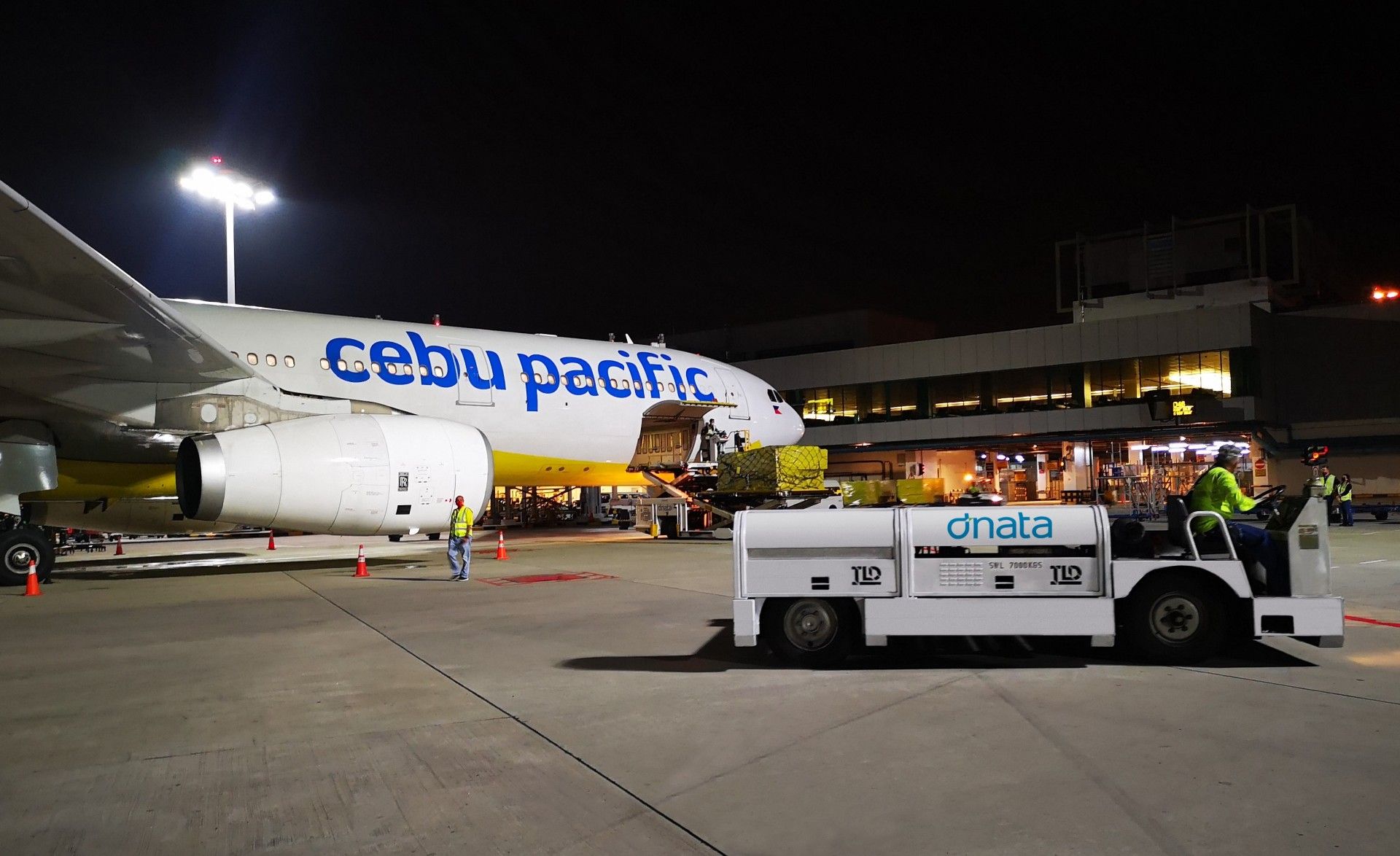Australian ground workers employed by Emirates-owned Dnata are applying to the courts today for permission to take industrial action, including strike action, over a workplace pay and conditions dispute. Dnata provides ground handling services to around 20 international airlines flying into Australia. With Australia's big airports already chronically understaffed and struggling to meet everyday operational requirements, the prospects of strike action has the industry on edge.
Supported by the Transport Workers' Union, Dnata ground handlers are applying to Australia's Fair Work Commission on Tuesday for permission to hold a vote on strike action. At issue is an alleged attempt by Dnata to push through an agreement that gives pay cuts to experienced workers and below award minimum conditions.
The Fair Work hearing coincides with the leaking of a memo from Dnata to its Australian employees that tells them to "politely" resist any "pressure from airline reps" to work faster. The memo also tries to ban the use of certain non-offensive colloquialisms in the workplace, including the commonly used term "under the pump," - which means to work hard.
Industrial action could impact a lot of flights across a lot of airlines
Dnata has a presence at nine Australian airports. It provides ground handling services to multiple airlines at Adelaide (ADL), Brisbane (BNE), Darwin (DRW), Melbourne (MEL), Perth (PER), and Sydney (SYD) Airports. Among those 20 odd client airlines in Australia are Cebu Pacific, Air Canada, and Etihad. Qantas also uses Dnata to look after ground operations for its international operations in Australia.
In 2020, Qantas outsourced its local ground handling work to Dnata, in the process sacking 1,700 workers. Dnata went on to employ most of those workers, albeit often on inferior terms. It is fair to say there is no love lost between many of those now Dnata workers and Qantas.
But Qantas also has a history of playing hardball on labor relations, and this dispute is no exception. On Tuesday morning, Qantas Domestic and International CEO Andrew David appeared on Australian breakfast television to campaign against the action by Dnata ground handlers.
"It's awful that the union is taking whatever action they are proposing. It could have a further impact on the traveling public," Mr David said. "We don't use Dnata in our domestic airports. It will obviously affect the international airports. It's not good at all."
Mr David also called out the various interpretations of the leaked memo, saying the memo was about reinforcing workplace safety, something he had no problems with. He said Dnata wanted to end the "under the pump" excuse for errors and mistakes, particularly when safety-related. Being busy is not an excuse for compromising on workplace safety in the aviation industry, argues the Qantas exec.
Potential widespread public support for the Dnata workers
Normally, a strike that disrupts an already disrupted industry wouldn't win much sympathy from the Australian traveling public. But there's plenty of anti-Qantas sentiment out there right now and growing concerns about the casualization of the workforce while corporate fatcats reap the benefits. A clever campaign by the TWU and those Dnata ground handlers could tap into this public mood.
The TWU says its ground crew members have warned Dnata that chronic understaffing, airport chaos and safety incidents will only worsen if the company doesn't offer secure jobs at higher rates to attract and retain workers. The union also adds workers at Dnata Catering, who service most Australian and international airlines, are also considering taking action over low pay and conditions that frequently fall below the award rate, with the mostly migrant women in the kitchens paid the lowest rates at just AU$21.54 per hour.
Unions have enjoyed some legal successes against Qantas and Dnata recently. The TWU helped stop Dnata from bringing in overseas workers from Manila to fill rosters, while the company refused to increase hours for local part-time workers or provide more permanent full-time positions. Qantas was also recently found to have breached labor law by retrenching those 1,700 ground handlers in 2020, although the airline is now appealing that decision.
Both Dnata and Qantas say talks continue with the TWU to broker a deal and avoid any strike action.



